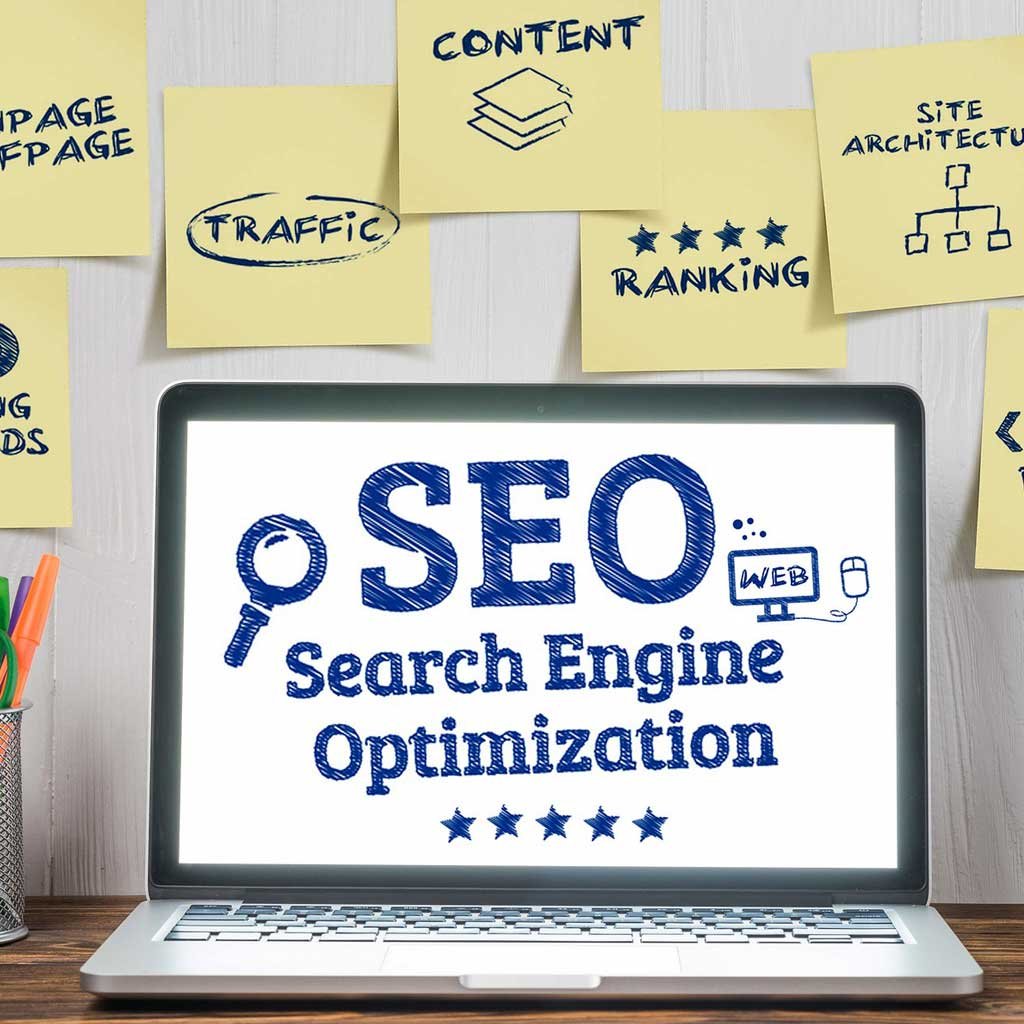What is predictive search, and how does it impact SEO?
June 01, 2024 | Digital Techtune

Predictive search has emerged as a transformative force in the realm of digital information retrieval and search engine optimization (SEO). As a cutting-edge technology, it leverages artificial intelligence (AI) and machine learning (ML) to anticipate and suggest queries and content to users before they complete typing their search input. This capability not only enhances user experience by making search interactions faster and more intuitive but also has profound implications for SEO strategies.
What is Predictive Search?
Predictive search, also known as autocomplete or type-ahead search, is a feature commonly seen in search engines like Google, and Bing, and even on-site search functionalities within e-commerce platforms and content-heavy websites. It works by predicting a user’s query based on the initial characters typed and displaying a list of suggested queries or content that might match the user’s intent.
How Predictive Search Works
- Data Collection: Predictive search relies on vast amounts of historical data, including past search queries, user behavior, click-through rates, and contextual information.
- Algorithms and Machine Learning: Advanced algorithms and machine learning models analyze this data to recognize patterns and predict what users are likely to search for next. Techniques such as natural language processing (NLP) are crucial in understanding and processing user inputs.
- Real-time Processing: As users type, the predictive search system processes input in real time to update and refine the list of suggestions dynamically.
- User Interaction: The user sees a dropdown menu with suggested queries, which can significantly speed up the search process and guide users toward more relevant results.
Impact of Predictive Search on SEO
Predictive search reshapes SEO by influencing user behavior, search query patterns, and the strategies marketers must adopt to ensure their content remains visible and accessible.
Changes in User Behavior
- Query Shortening: Users tend to select from predictive suggestions rather than typing out entire queries, leading to shorter search terms.
- Shift in Query Patterns: Predictive search can introduce new popular queries as users discover them through suggestions, potentially altering the landscape of keyword demand.
- Reduced Typing Errors: By providing accurate suggestions, predictive search reduces the occurrence of typos and misspelled words in search queries, leading to more precise search results.
SEO Strategies Adaptation
- Keyword Research Evolution: Traditional keyword research methods must adapt to include predictive search suggestions. SEO professionals now need to analyze these suggestions to identify emerging trends and popular queries.
- Content Optimization: Creating content that aligns with predictive search suggestions can improve visibility. This involves incorporating suggested queries into titles, headings, and meta descriptions.
- Focus on Long-tail Keywords: While predictive search often favors shorter queries, long-tail keywords remain essential for capturing specific search intents and can be integrated into content to align with suggested phrases.
- Enhanced User Experience: Websites need to optimize their on-site search functionalities to leverage predictive search, ensuring that users find relevant information quickly and efficiently. This can improve user engagement and reduce bounce rates.
- Local SEO: Predictive search often suggests local queries based on user location. Businesses must optimize their content for local search terms and ensure their Google My Business profiles are up-to-date.
Technical SEO Considerations
- Schema Markup: Implementing schema markup can help search engines understand the context of your content better, potentially leading to more accurate predictive search suggestions related to your site.
- Mobile Optimization: With the rise of mobile search, predictive search is increasingly important on mobile devices where typing is less convenient. Ensuring your site is mobile-friendly can improve your visibility in mobile predictive search results.
- Voice Search Optimization: Predictive search is closely linked with voice search. As more users utilize voice assistants, optimizing content for voice search queries becomes critical. This often involves focusing on natural language and conversational phrases.
- Page Speed: Faster-loading pages can improve user experience, particularly when users select predictive search suggestions. Ensuring your site is optimized for speed can enhance overall SEO performance.
The Future of Predictive Search and SEO
As AI and ML technologies continue to evolve, predictive search is expected to become even more sophisticated, further impacting SEO strategies.
- Increased Personalization: Predictive search will become more personalized, taking into account individual user preferences, search history, and behavior. This will require SEO strategies to focus on creating highly personalized content that can cater to diverse user intents.
- Integration with AI and Virtual Assistants: The integration of predictive search with AI and virtual assistants like Siri, Alexa, and Google Assistant will expand. SEO strategies will need to consider how content is presented and accessed through these platforms.
- Enhanced Contextual Understanding: As search engines improve their contextual understanding, predictive search suggestions will become more relevant and accurate. SEO professionals will need to ensure that their content is contextually rich and aligned with user intent.
- Real-time Data Utilization: The use of real-time data in predictive search will increase, providing users with the most current information. SEO strategies will need to be agile and responsive to real-time trends and updates.
Conclusion
Predictive search represents a significant advancement in how users interact with search engines and how SEO strategies are developed. By leveraging AI and ML, predictive search enhances user experience by providing quick and relevant suggestions. For SEO professionals, this means adapting to new patterns in user behavior, optimizing for emerging queries, and staying ahead of technological developments. As predictive search continues to evolve, its impact on SEO will deepen, requiring ongoing innovation and agility in digital marketing practices.
